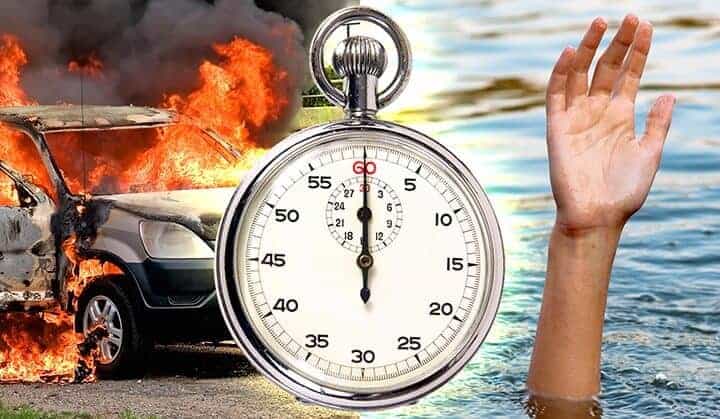People who risk their lives to save strangers do so without deliberation, according to a Yale-led analysis of statements from more than 50 recognized civilian heroes published online Oct. 15 in the journal PLOS ONE.
“We wondered if people who act with extreme altruism do so without thinking, or if conscious self-control is needed to override negative emotions like fear,” said David Rand, a Yale psychologist who authored the study with Ziv G. Epstein of Pomona College in Claremont, Calif. “Our analyses show that overwhelmingly, extreme altruists report acting first and thinking later.”
Rand, who studies human cooperation, recruited hundreds of participants to read 51 statements made by individuals who have received the Carnegie Hero Medal, given to civilians who risk their lives to save strangers. Participants analyzed those statements for evidence of whether they acted intuitively or with deliberation. An analysis of text by computer algorithm did the same.
“What you don’t find in the statements is people who say, ‘I thought it over and I decided it was the right thing to do,’” Rand said.
Instead, most responded like Christine Marty, a 21-year old college student who rescued a 69-year old trapped in a car during a flashflood.
“I’m thankful I was able to act and not think about it,” Marty said in a statement.
The findings are consistent with Rand’s previous studies of cooperation in “economic games,” where participants choose whether or not to share resources. In these studies, subjects forced to think carefully tend to be selfish while those using intuition are more likely to be cooperative.
Rand cautions that intuitive responses are not necessarily genetically hard-coded. He believes people learn that helping others is often in their own long-term self-interest and develop intuitive habits of cooperation, rather than possessing an innate instinct preserved by evolution.
“The optimal evolutionary outcome is to be able to learn, adapting to whether you were born into a situation where it is typically good to cooperate or to be selfish,’’ he said.

